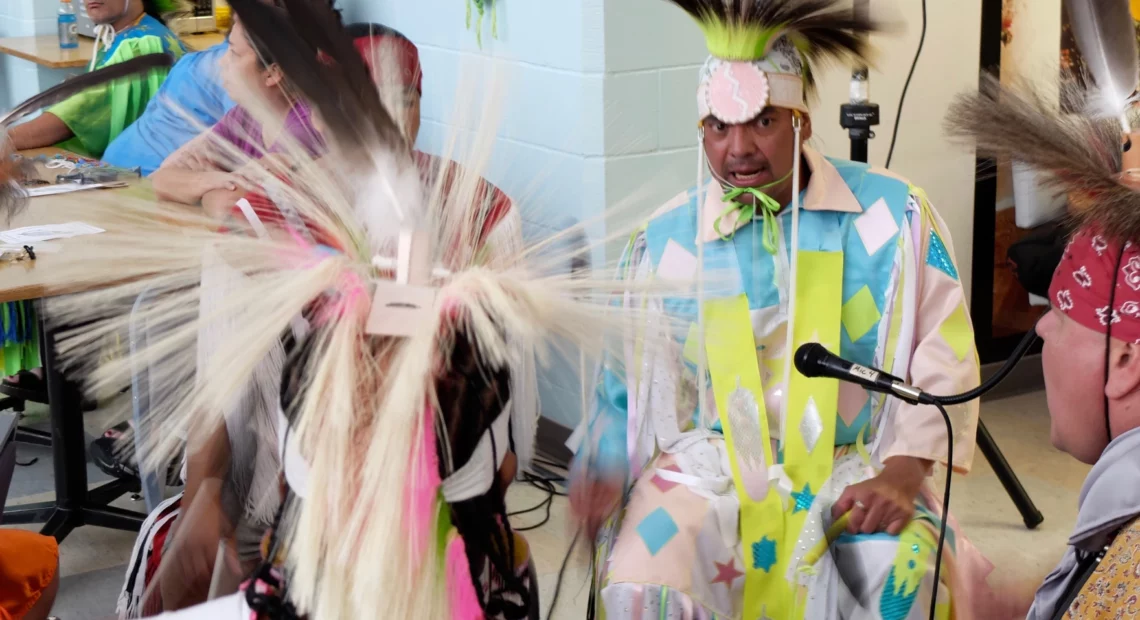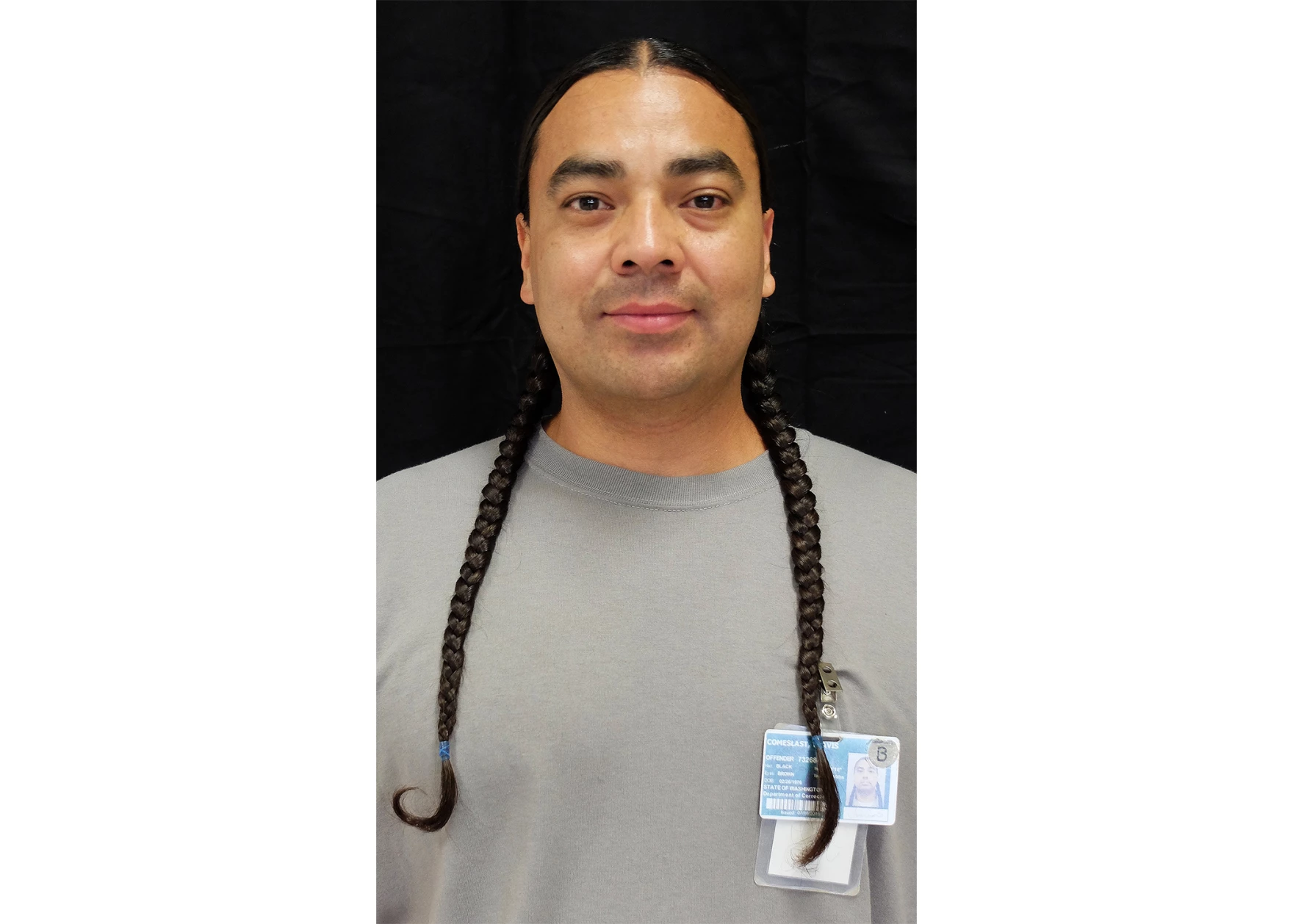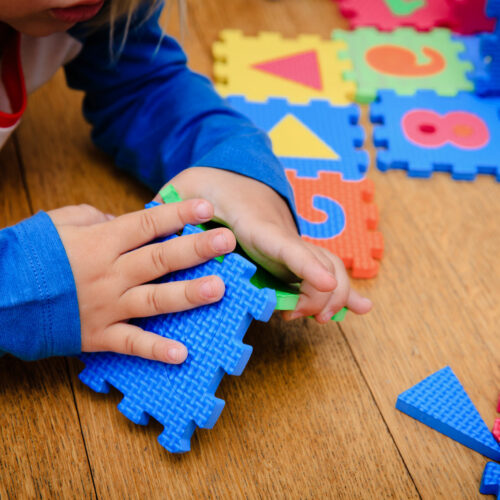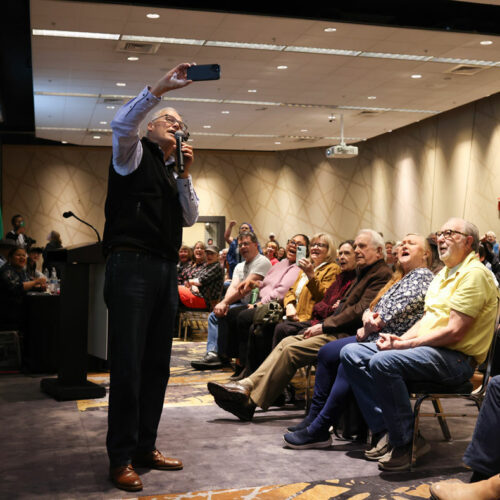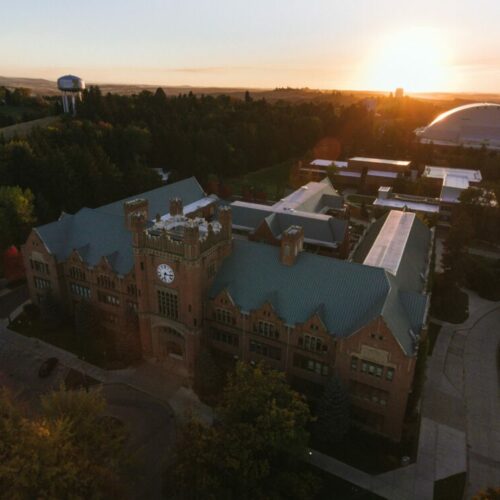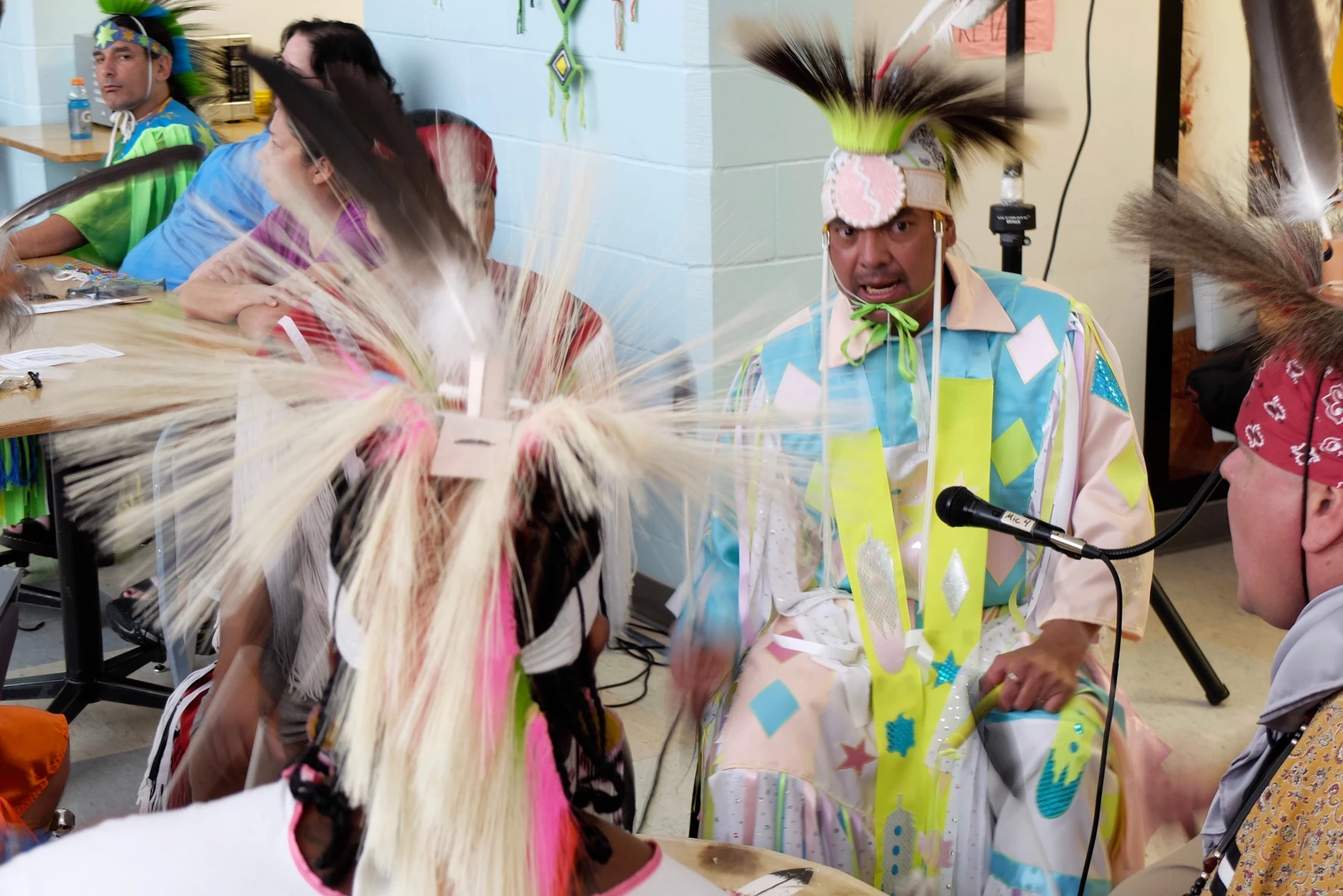
Travis ComesLast, center right, is known as a community leader, working with other incarcerated Indigenous men to stay connected with their culture.(Courtesy: Heather Oaksen)
Indigenous people are the most impacted by sentences extended for juvenile crimes in Washington. According to the ACLU, 41% of incarcerated Indigenous people and 39% of incarcerated Black people in the state have juvenile crimes on their record. That’s compared to just 26% of white people.
But reducing their sentences is complicated, according to Russell Brown, executive director for the Washington Association of Prosecuting Attorneys. He says revisiting sentences for people with juvenile records means navigating a complex web of limited resources, questions about fairness, and the different needs for victims of crime – all factors, he says, that could impact both victims and people who have committed crimes.
“Decisions about, well if we make this change here, here’s the result we hope it has, but in reality there are so many different levers that it’s sometimes difficult,” he said.
Brown says most victims likely would prefer rehabilitation for perpetrators of crime instead of longer sentences, but the legal system is vastly under-equipped to provide services to all who may need or want them. Brown says victim advocates are in short supply as well, and courts are still working to get through cases backlogged by the pandemic.
Despite the lack of support among lawmakers this year to apply the change to past cases, the conversation isn’t over.
Lawmakers who backed this year’s bill say they plan to file legislation next year to apply the change retroactively, with groups like the ACLU of Washington, Collective Justice, and Huy – the Indigenous rights nonprofit that Galanda works with – keeping a close eye on the issue.
This year’s effort has also reenergized work among ComesLasts’ fellow inmates to coordinate a legislative summit in Spokane later this year, bringing together advocates, judges, prosecutors and policymakers to talk directly with incarcerated people about how to make additional reforms to the legal system.
But for now, ComesLast will continue on his path of spreading healing and providing mentorship, teaching other men the lessons he’s learned from raising bees – they’re part of his personal “hive” now.
“I made my beehive: my change and my family. So that is my focus. Everything that I do is with them at the forefront,” he said.
Because it’s not just his life on the line, it’s others like him, their families, and the communities they come from.

